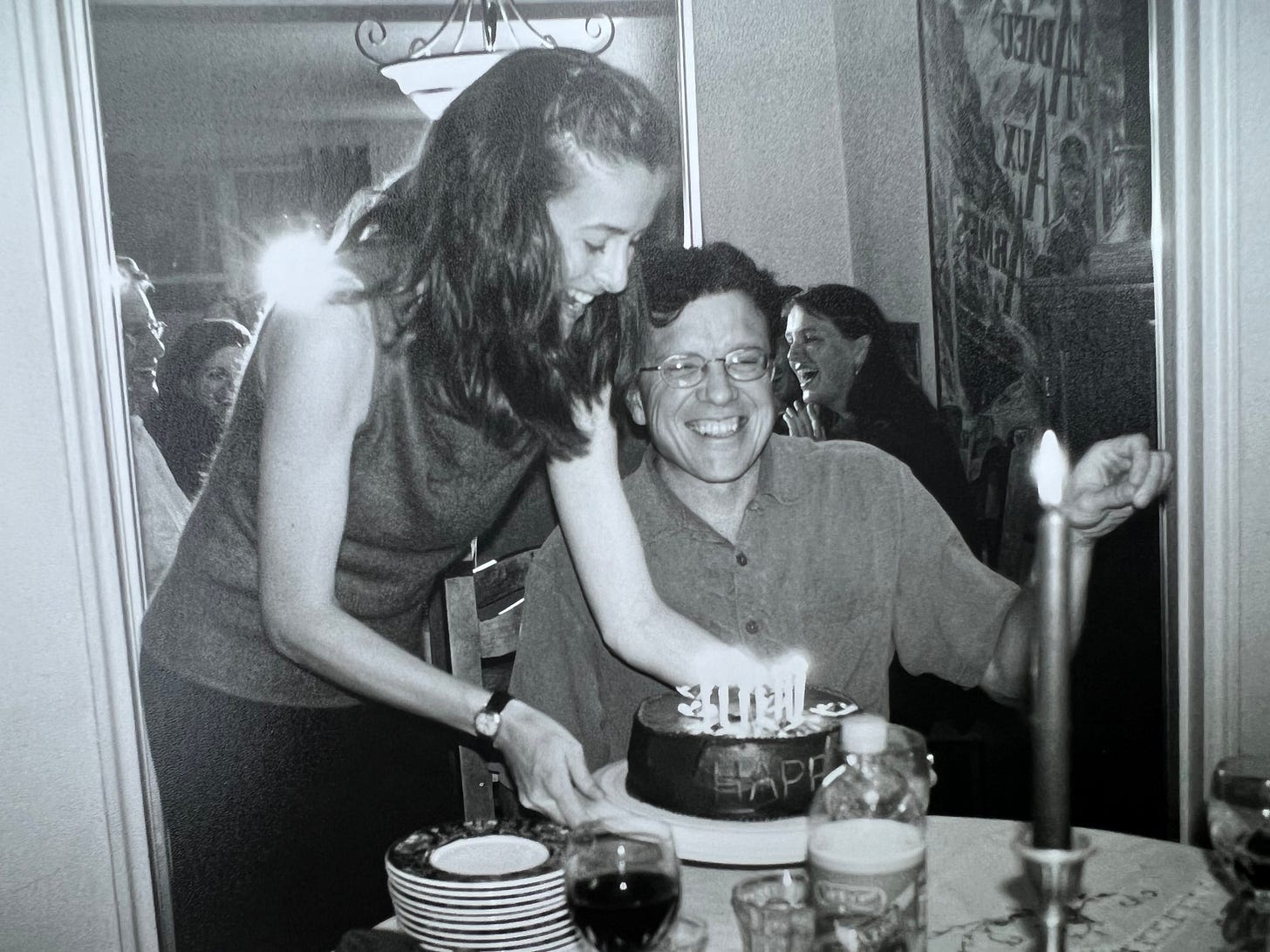Tad Friend on Fathers and Sons, Husbands and Wives, and Surviving Infidelity
What started as a literary excavation of his dying father turned into a forensic excavation of self. IN THE EARLY TIMES, by Tad Friend, is a brilliant new memoir of family and love, lost and found.
I have loved Tad Friend from the moment I met him at a cocktail party in an odd little circular library my first week of college in 1984. He was a senior, casually leaning up against a bookshelf, sipping beer from a bottle and looking dapper in a Brooks Brothers shirt. Knew everyone at the p…
Keep reading with a 7-day free trial
Subscribe to Ladyparts to keep reading this post and get 7 days of free access to the full post archives.





